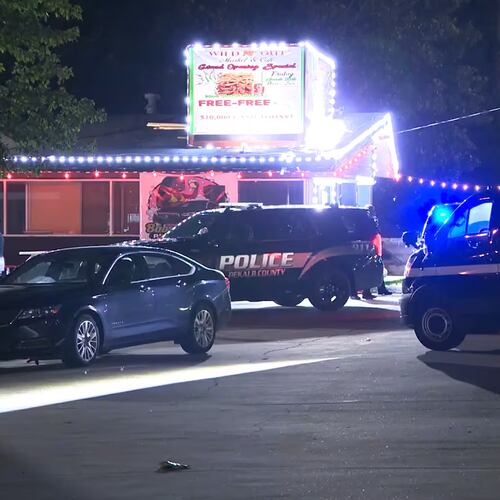Georgia has secured a $400,000 grant needed to implement a prescription drug monitoring program, which supporters say will help curb abuses that have spurred an increase in accidental drug overdoses.
Prescription drug overdoses statewide climbed 10 percent between 2009 and 2010. Of 729 drug overdose deaths recorded last year, 560 involved only prescription drugs and 68 involved some combination of prescription and illicit drugs, according to the Georgia Bureau of Investigation.
Thirty-seven states have prescription drug monitoring systems, and 11 more, including Georgia, have passed legislation to establish the program, according to the National Alliance for Model State Drug Laws. Georgia legislators approved the database earlier this year, but did not designate funding for it.
Lawmakers put restrictions on how the database could be used after privacy concerns were voiced. The database allows physicians and pharmacists to review patients' prescription histories for controlled substances, such as powerful painkillers that can become addictive. However, prescriptions for antibiotics, blood pressure pills and other non-addictive medications won't be tracked. Law enforcement officers cannot access the database without a warrant.
The Harold Rogers Prescription Drug Monitoring Program Award will pay for the first two years of operation, according to Rick Allen, who heads the Georgia Drugs and Narcotics Agency, which is charged with setting up the program.
"It will help us get off the ground," Allen said.
The state will accept bids from vendors starting early next year. Once the contract is awarded, the program can be operational within three months. However, during its first few months it will only collect data. The goal for the database is to have it available to doctors and pharmacists beginning in January 2013.
A coalition of law enforcement, health care and drug treatment groups say the program is needed to help stem growing prescription drug abuse.
Kennesaw Police Chief William Westenberger has been a vocal backer of the prescription drug monitoring program since an illicit pain clinic operated briefly in his city last year and doled out hundreds of prescriptions without properly screening patients.
Westenberger said he is optimistic a tracking system will help control drug distribution.
"I do not think that was the fix-all, but it was a huge first step and we're very fortunate that it did occur," Westenberger said.
About the Author
The Latest
Featured

